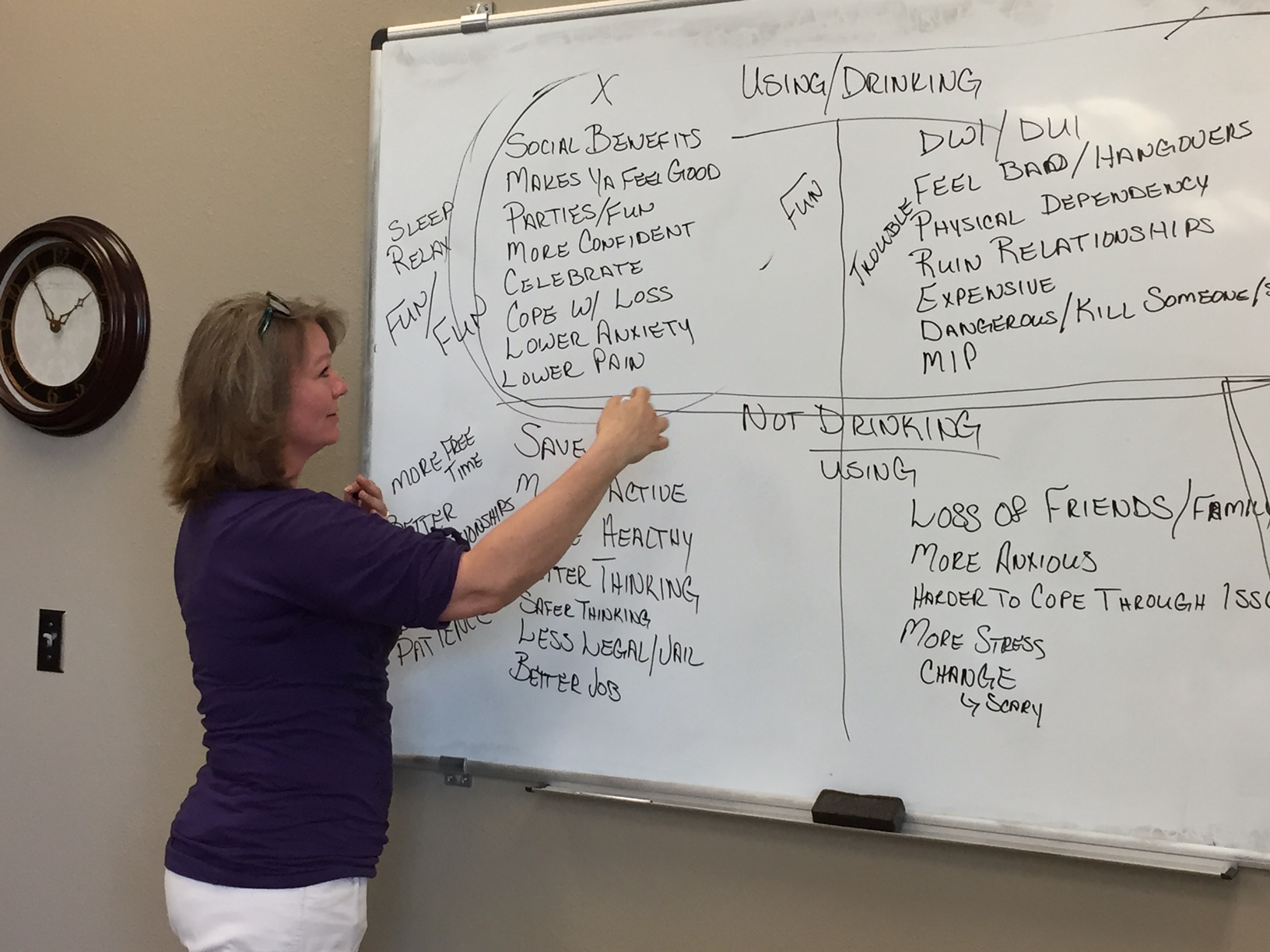Combating Addiction with CARE
Published on Feb 20, 2018
Matt Talbot Kitchen & Outreach is so much more than a soup kitchen. Since 1992, Matt Talbot’s programs have helped thousands of Lincoln’s homeless off the streets and into the workforce. One of these programs is the Counseling, Alcohol Education, Referral and Evaluation (CARE) Program.
Substance use disorders are a common problem among the homeless population, and Matt Talbot believes that full rehabilitation requires sobriety. The CARE Program offers drug and alcohol evaluations which are required in order to enter a treatment facility. CARE staff members provide one-on-one counseling and help refer individuals to appropriate resources in the community that address these behavioral health disorders. These services are free, eliminating the financial barrier that often exists for the homeless seeking treatment.
In August of 2016, Matt Talbot received a $20,000 grant from the Lincoln Community Foundation to expand the scope of the CARE Program by hiring additional counselors. As a result, Matt Talbot was able to greatly increase the number of annual drug and alcohol evaluations, and saw a 24% increase in the number of people enrolled in the program.
“We’re doing a lot more than giving them an evaluation and kicking them out,” said Clarence Grendahl, CARE’s program coordinator. “We walk with them if they’ll let us.”
CARE’s counselors are engaged with these individuals every step of the way. The program even offers transitional housing to move further in the direction of independent living. Tenants are only asked to pay a $20 monthly service fee.
Susie Wilson, Matt Talbot’s Coordinator of Communications and Grants, stressed how important the CARE Program is to the organization’s overall mission.
“This program is so important to Matt Talbot,” Wilson said. “Our founders originally set out to offer assistance to people struggling with addiction, so the addition and growth of the CARE Program is realizing their dream in a very concrete and effective way. It's what our organization is really all about.”
Grendahl and the rest of the CARE staff hope to continue to grow the program in the coming years to combat the queue of people seeking help.
“It’s difficult and frustrating to make people wait when it’s clear that they’re ready,” Grendahl said.
If you want to learn more about the CARE Program and the good it’s doing for Lincoln’s homeless, visit Matt Talbot.org/addressing-addiction.
